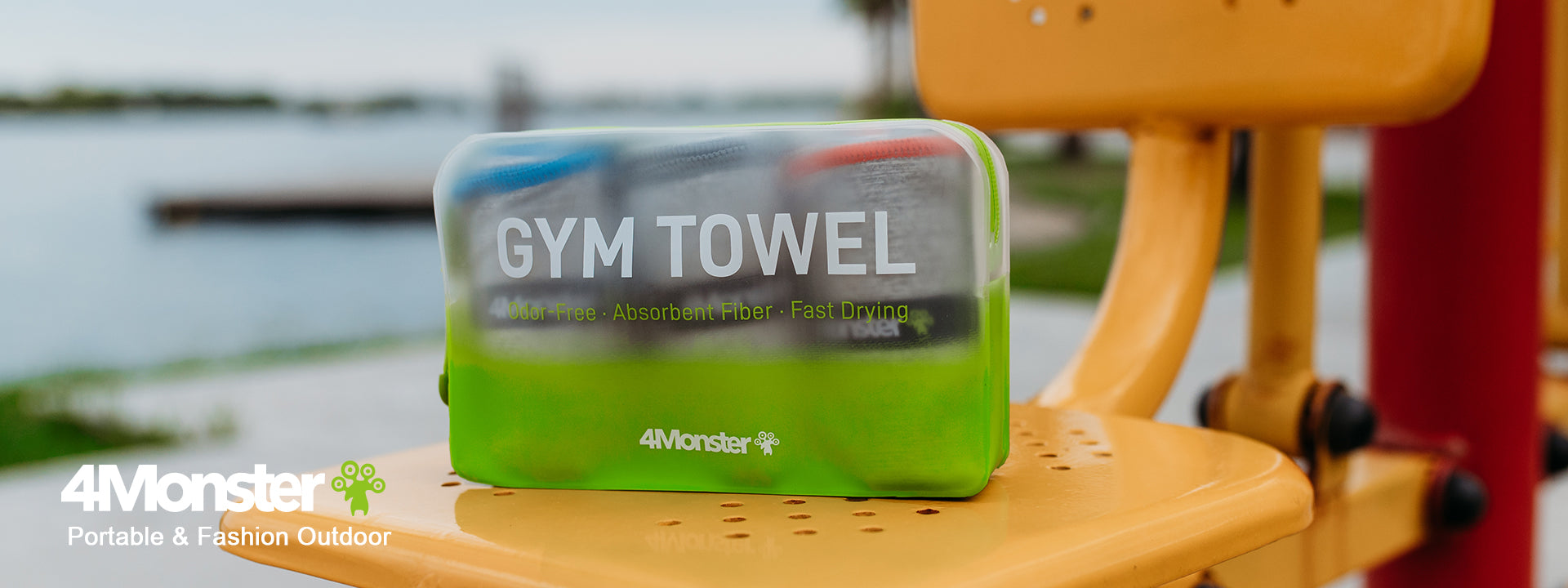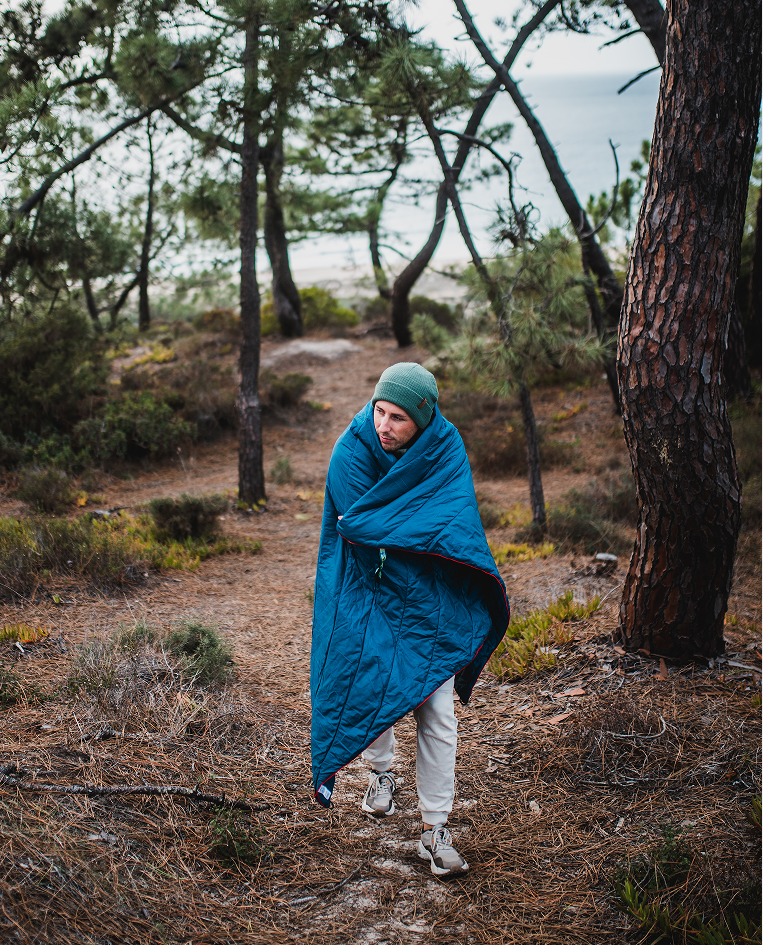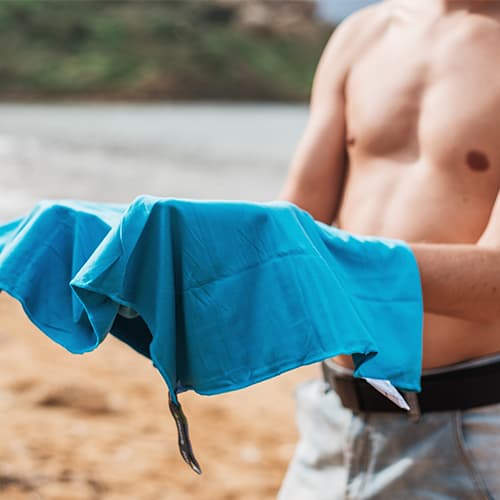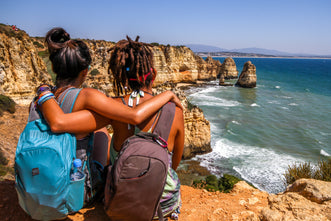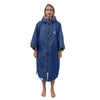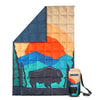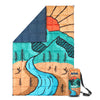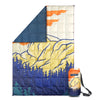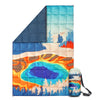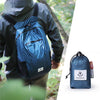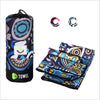Winter Camping Tips: Enjoying the Winter Charm of Outdoor Camping and Dealing with Potential Hazards
Winter camping is a challenging and fun activity. Setting up a tent, lighting a campfire and experiencing the charm of nature in the snowy outdoors makes you feel like you are in a fairy tale world. However, winter camping also faces some potential dangers, such as hypothermia, heat loss and frostbite. So make sure you have done enough preparation before you start your happy camping life!
Choosing the right campsite: Winter campsites should be located in wind-sheltered, sunny places at a lower altitude, avoiding camping at too high an altitude or too windy places.
Suitable equipment: Winter camping requires more equipment to cope with low temperatures. Including tents, sleeping bags, down blankets, moisture-proof mats, stoves, tableware, etc.. Among them, tents should be waterproof, wind-resistant and warm, while sleeping bags need to be selected according to the temperature of the campsite with the appropriate temperature scale.
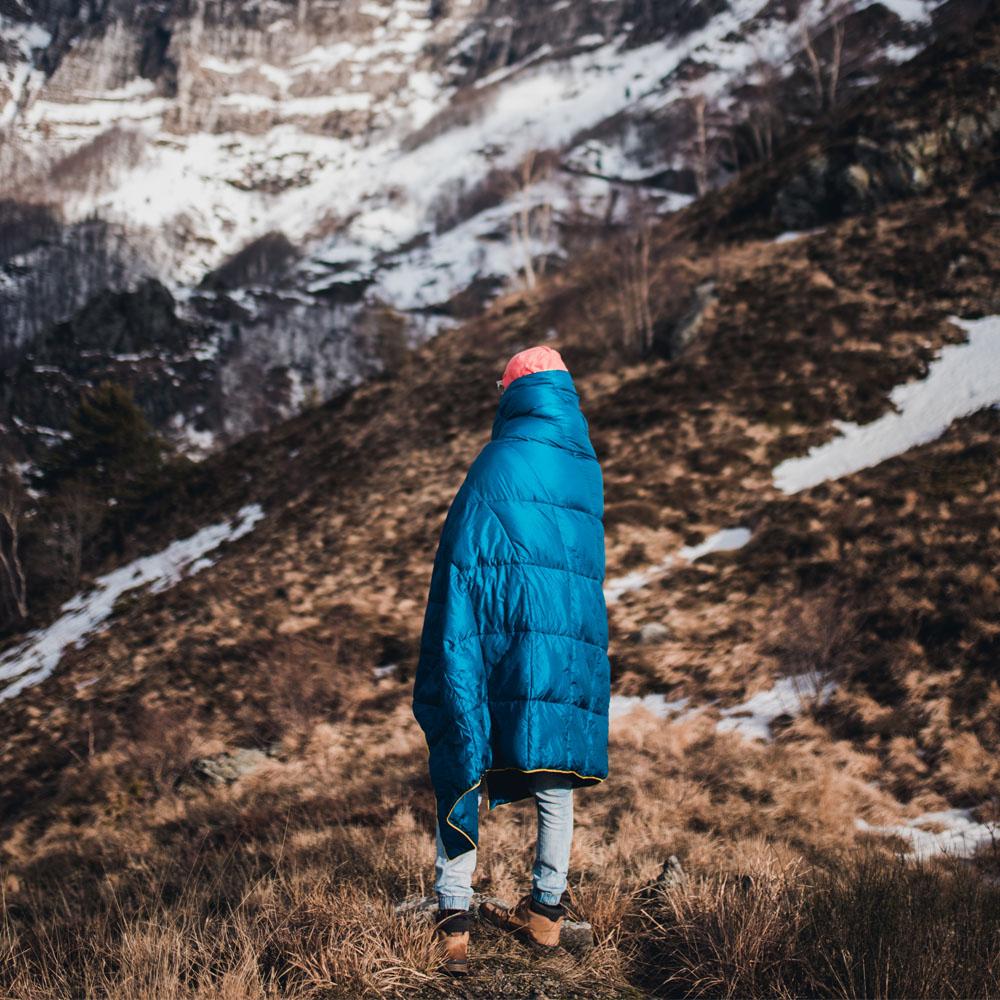
Fuel reserve: Fuel reserve is especially important when camping in winter. You should carry enough firewood, charcoal or solid fuel to ensure that the campfire can keep burning and provide warmth inside the tent.
Food and Water: Food and water are equally important when winter camping. Carry enough food and water to ensure that you are self-sufficient in extreme situations.
How to deal with potential hazards
Hypothermia: Hypothermia is one of the biggest challenges in winter camping. In order to prevent hypothermia, you first need to make sure that the inside of your tent is dry to avoid moisture lowering the temperature. Next, keep the campfire burning continuously to provide warmth inside the tent. In addition, wearing proper cold-weather clothing is also an effective way to prevent hypothermia.
Hypothermia: Hypothermia is a drop in body temperature due to prolonged exposure to cold conditions. To prevent hypothermia, the following should be observed: avoid prolonged stay in wet environments; wear dry clothing and shoes; maintain an adequate diet and calorie intake; and avoid alcohol consumption and overexertion.
Frostbite: Prolonged exposure to cold environments may lead to frostbite. To prevent frostbite, you should pay attention to the following: wear adequate warm clothing; keep your hands and feet dry; avoid prolonged exposure in cold environments; and carry anti-freeze medication such as frostbite cream.
Other Precautions
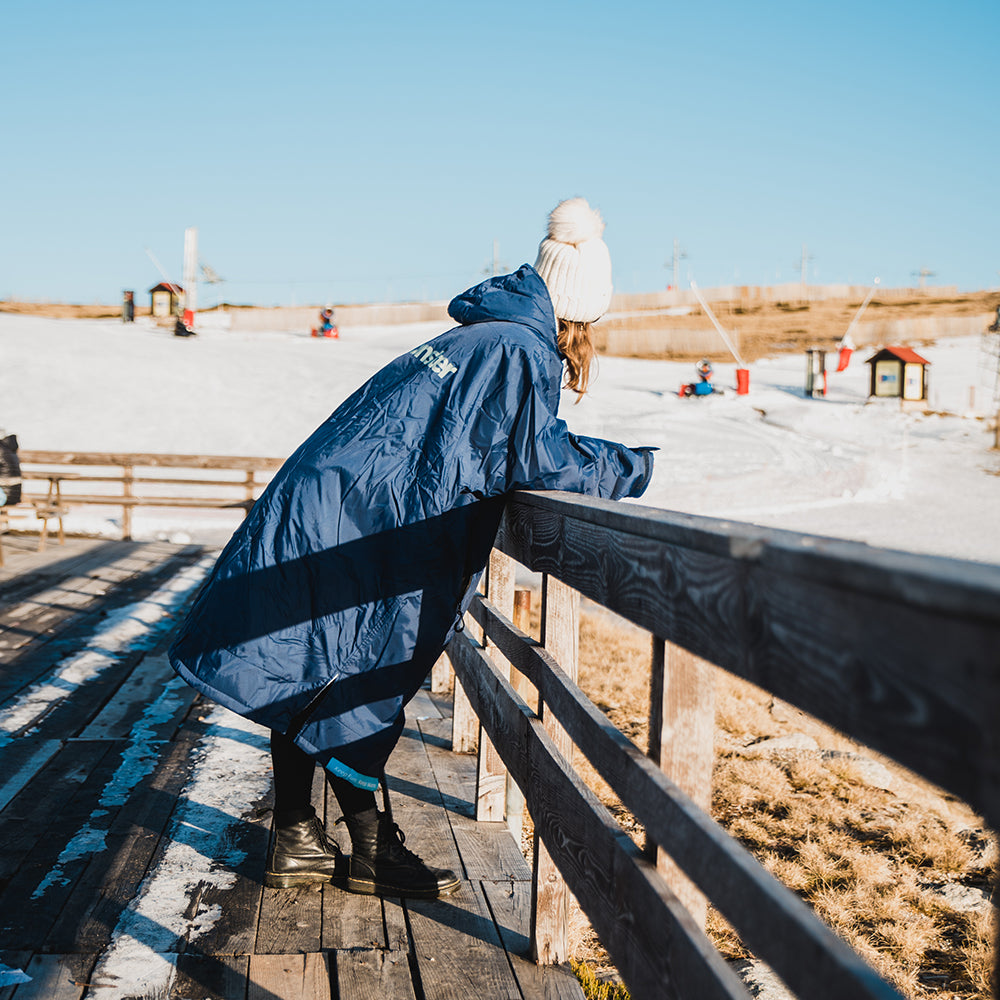
Safe use of fire: Safe use of fire is especially important when camping in winter. You should choose a safe area to light a campfire and make sure the fire is completely extinguished after use to prevent fire.
Dispose of garbage: When leaving the campsite, take your garbage with you and dispose of it properly to protect the environment.
Staying Connected: When camping in the winter, it is vital to stay in touch with the outside world. Carry a communication tool such as a cell phone or satellite phone to ensure that you can get in touch with the outside world if needed.
Respect nature: While enjoying nature, it is also important to respect it. Don't destroy vegetation, don't hunt wild animals, and maintain a harmonious coexistence with nature.
Although winter camping is full of challenges and fun, it also requires attention to safety. By choosing the right campsite, carrying the right equipment and fuel reserves, paying attention to food and water management, and coping with potential dangers, you can ensure that your winter camping trip is both safe and enjoyable. Remember to respect nature and protect the environment to make our outdoor activities even better!

